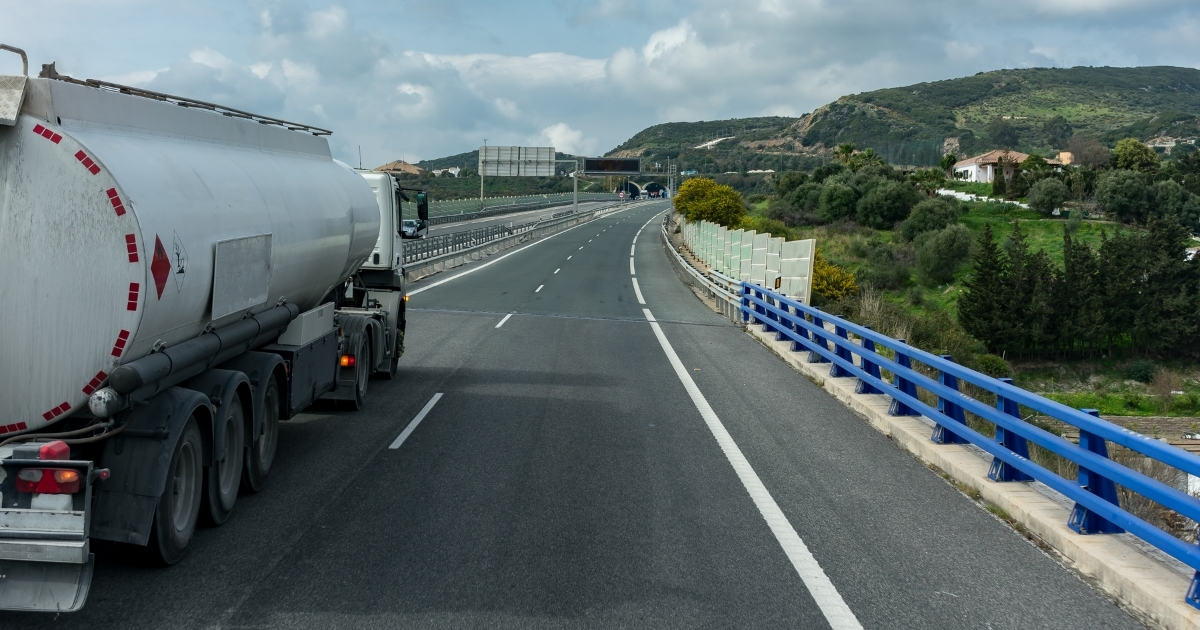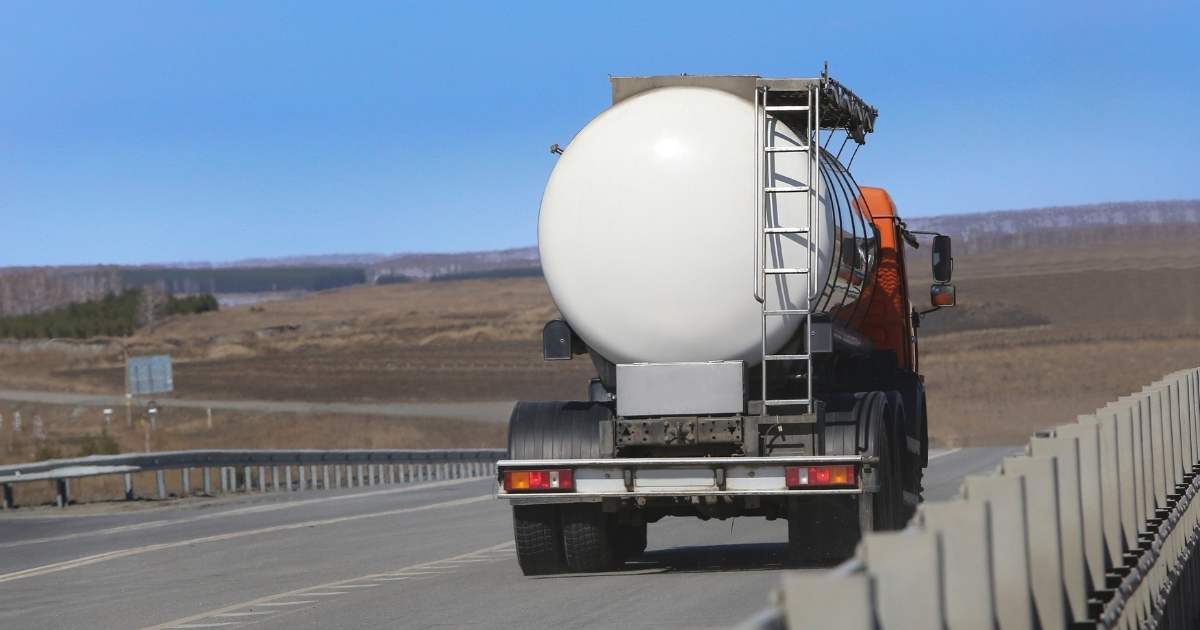Types of Fuel Tankers:
-
-
Road Tankers
-
Rail Tankers
-
Marine Tankers
Capacity and Design Features
The capacity of a fuel tanker is a critical factor in its design. Tankers are built to carry large volumes of fuel, with capacities ranging from a few thousand liters for road tankers to several hundred thousand tons for marine tankers. The design of a fuel tanker is influenced by factors such as the type of fuel, transportation distance, and safety regulations.
Fuel tankers are equipped with features like double-hull construction and advanced pumping systems to ensure safe and efficient fuel transport. The design also includes safety features to prevent accidents and environmental contamination.
-
Design Features:
-
Double-hull construction for added safety
-
Advanced pumping and loading systems
-
Specialized compartments for different fuel types
Fuel Tanker Operations and Safety Measures
Fuel tanker operations involve complex procedures to ensure the safe loading, transportation, and unloading of fuel. These operations are governed by strict safety protocols to prevent accidents and environmental damage.
Loading and Unloading Procedures
The loading and unloading of fuel tankers require precision and adherence to safety standards. Specialized equipment and trained personnel are essential to ensure that these processes are conducted safely. The procedures involve careful monitoring of fuel levels and pressure to prevent spills and leaks.
Safety Protocols for Fuel Transportation
Safety is paramount in fuel transportation. Fuel tankers are equipped with advanced safety features such as fire suppression systems and emergency shut-off valves. Regular maintenance and inspections are conducted to ensure that the tankers are in optimal condition.
Fuel Tanker Market Trends and Forecasting
The fuel tanker market is influenced by global demand for energy and advancements in transportation technology. Understanding market trends and forecasting future growth is essential for stakeholders in the industry.
Global Demand for Fuel Tankers
The demand for fuel tankers is driven by the global need for energy. As economies grow, the demand for fuel increases, leading to a higher need for efficient transportation solutions. Emerging markets are particularly significant in driving this demand.
Industry Growth Projections
The fuel tanker industry is expected to grow steadily in the coming years. Innovations in tanker design and digital solutions for fleet management are key factors contributing to this growth. Companies are investing in new technologies to enhance efficiency and safety.
-
Growth Projections:
-
Steady increase in global fleet size
-
Investment in digital solutions
-
Focus on sustainability and efficiency
Digital Solutions for Fuel Tanker Management
Digital solutions are transforming the fuel tanker industry by enhancing efficiency and safety. These technologies provide real-time data and analytics to optimize operations.
Tracking and Monitoring Systems
Advanced tracking and monitoring systems are essential for managing fuel tanker fleets. These systems provide real-time data on tanker location, fuel levels, and operational status. This information is crucial for optimizing routes and ensuring timely deliveries.
Efficiency Optimization Tools
Efficiency optimization tools help companies reduce costs and improve operational efficiency. These tools analyze data to identify areas for improvement, such as route optimization and fuel consumption reduction.
-
Optimization Tools:
-
Route optimization software
-
Fuel consumption analysis
-
Predictive maintenance tools
Fuel Tanker Regulations and Compliance
Fuel tankers must comply with a range of regulations to ensure safety and environmental protection. These regulations are set by international and national bodies.
International Maritime Organization (IMO) Standards
The IMO sets standards for the construction and operation of marine fuel tankers. These standards are designed to prevent accidents and minimize environmental impact. Compliance with IMO standards is mandatory for all marine tankers.
-
IMO Standards:
-
Construction and design requirements
-
Operational safety protocols
-
Environmental protection measures
Environmental Regulations for Fuel Tankers
Environmental regulations are crucial for minimizing the impact of fuel transportation on the environment. These regulations cover areas such as emissions, waste management, and spill prevention.



